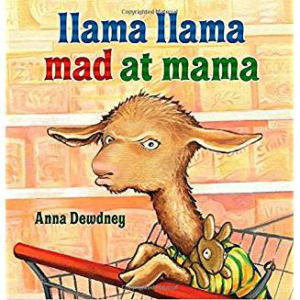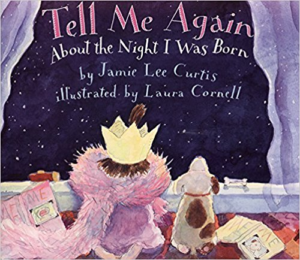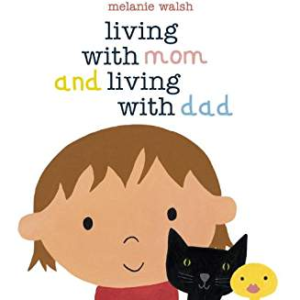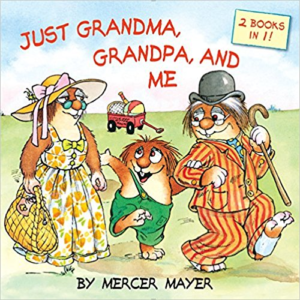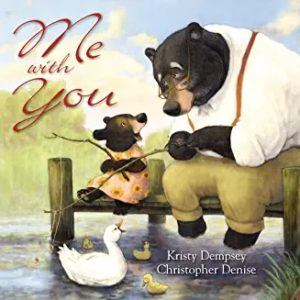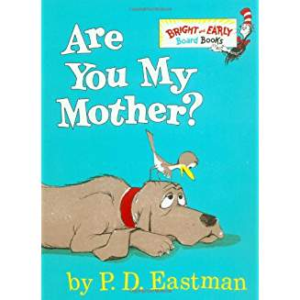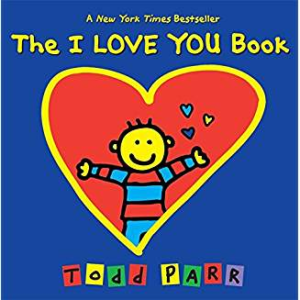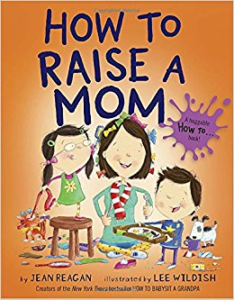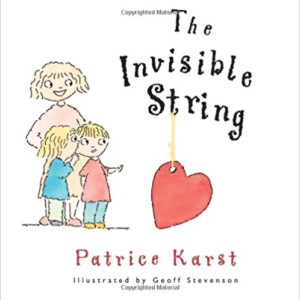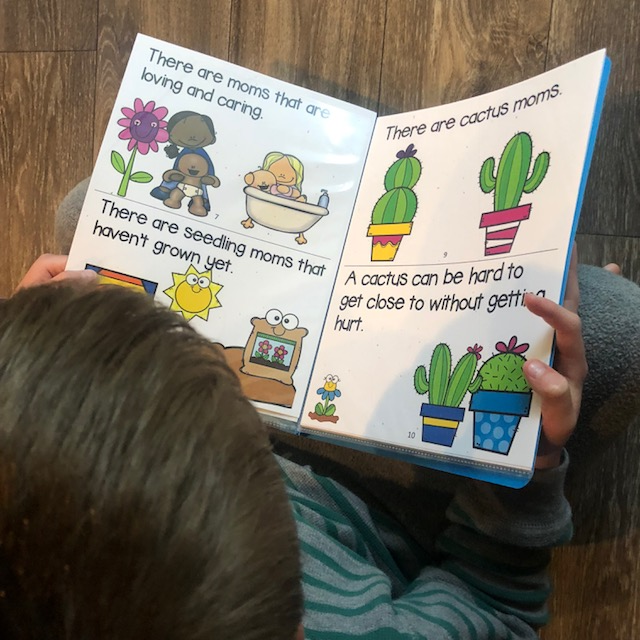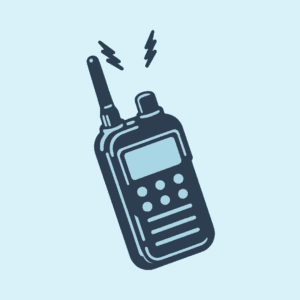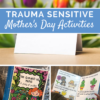Mother’s Day is a special holiday where many of us show gratitude for the love, support, and care that’s been received throughout our lives. It makes me think of flowers, breakfast-in-bed, hugs, and sunshine. However, for some students, it’s a painful reminder of loss or even traumatic memories. It is important that we are using and advocating for trauma-sensitive mother’s day activities.
Let’s face it, not everyone has the world’s best mom, so as trauma-sensitive educators, it’s important to pick activities that will not bring more pain to our students. While it’s nice to host Mother’s Day Tea, write poems, and decorate cards, school personnel need to remember that the word mom doesn’t mean the same thing to everyone.

I can’t help but think of my students with high adverse childhood experiences scores (ACEs) such as the ones in foster care, students away from their moms due to death, substance abuse, incarceration, or other traumatic events. These students have been through enough, so how can we help them?
Part of being trauma-informed means approaching our well-intended celebrations and activities with sensitivity. It should also push us to consider what we want students to learn from the experience.
Trauma-Sensitive Mother’s Day Activities
Celebrations
Ask teachers when their Mother’s Day celebrations are. Offer a safe place for students to go if they need to opt out of an activity. Propose an alternate activity or writing prompt for students who may need it.
Ask a staff member to partner up with a student during Mother’s Day celebrations.
Consider changing the name from “Muffins with Mom” to something that all students can appreciate. My school recently changed our breakfast with moms event to “Family Appreciation Breakfast”.
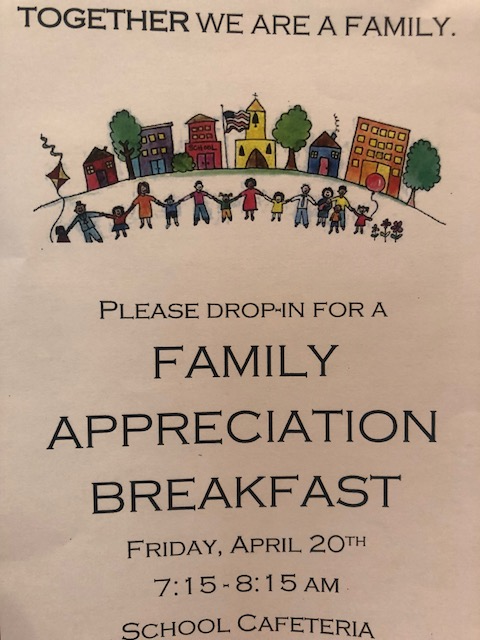
Books
Display a variety of titles on your book display list that includes diverse family situations.
Click here or on the pictures to see any of the books.
(affiliate links)
Give Choice
Don’t force a child to make something for a stepparent or another person. Instead, allow him/her to decide who to make something for.

Use writing prompts that allow the student to write out who they’re writing about rather than ones that only say mom on it. Here’s a fun fill-in-the-blank activity that allows students to choose in who they’re writing about.
Counseling Activities
Looking for a group activity or a story to read while students get a reprieve from Mother’s Day festivities? Here’s one I wrote called, The Garden of Moms: A Story of Healing for Early Readers. It discusses different kinds of mothers and family situations using a garden metaphor.
It’s perfect for children who have a mom who is near or far, one who has died, is deployed, or in prison. The book also describes moms who are loving, moms that are tough to be close to, grandma/stepmom/foster parents, and adoptive parents.
The story teaches kids that they are valuable and their worth has nothing to do with whether mom is near, far, or not present at all.
I hope you enjoy these easy to implement ideas that are trauma-sensitive. Together we can bring healing to our students who have endured adverse childhood experiences by demonstrating that we are compassionate school professionals. While it may not be sunshine and roses for everybody, my wish is that we can bring growth and healing to those who need it the most.



